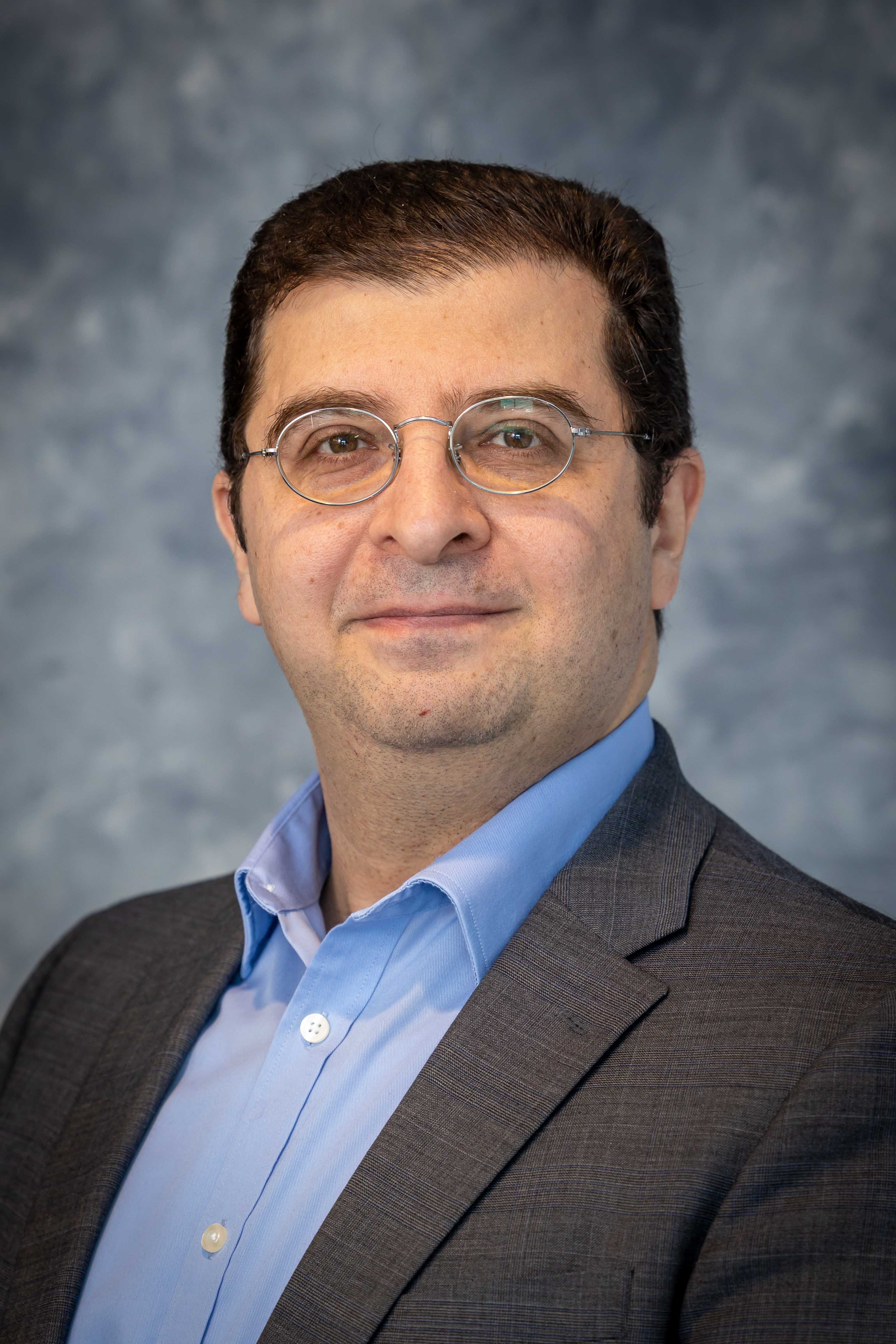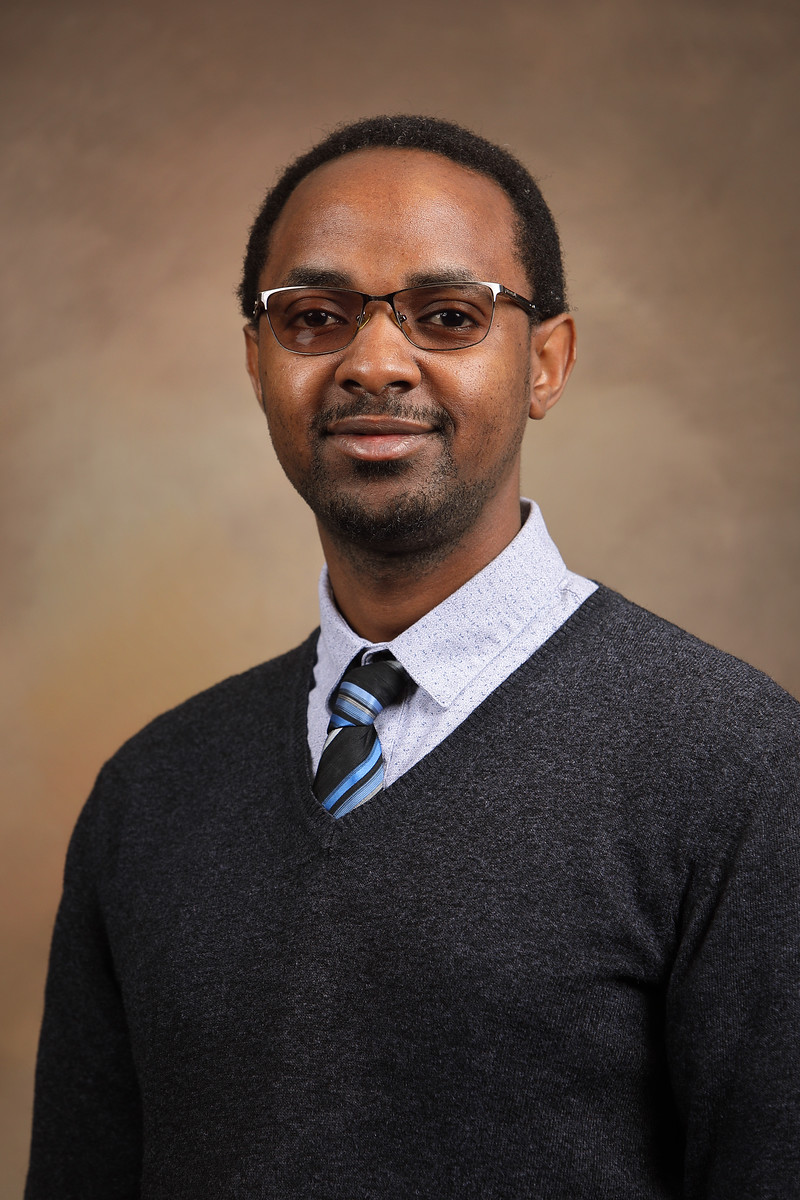Posted on April 15, 2024 at 4:44 PM, updated April 16, 2024 at 8:19 AM Print
Mehdi Rahmati, Emmanuel Kidando, and Josiah Owusu-Danquah (pictured respectively below) will utilize swarms of drones and machine learning to provide real time, precise environmental monitoring.



Dr. Mehdi Rahmati, an assistant professor in the Department of Electrical and Computer Engineering (ECE), alongside co-PIs Dr. Emmanuel Kidando and Dr. Josiah Owusu-Danquah, both assistant professors in the Department of Civil and Environmental Engineering (CEE) have been awarded a one-year, $100,000 grant by the Ohio Department of Transportation to combine advanced unmanned aerial vehicle (UAV or drone) technology, cutting-edge machine learning, and intuitive visualization methods to improve monitoring of greenhouse gas (GHG) emissions around construction sites.
GHGs are a global concern due to their significant contribution to climate change. Road construction and maintenance are notable contributors to GHG emissions, so the research team is developing a novel method to monitor key pollutants Nitrogen Oxides (NOx), Carbon Monoxide (CO), and Particulate Matter (PM10 and PM2.5). Utilizing a Deep Neural Network (DNN) based Reinforcement Learning (RL) method, a swarm of UAVs equipped with sensors will be flown and detect pollutants around the construction site, preemptively adjusting their positioning and operational parameters based on environmental factors. RL specifically aids in recognizing real-time changes in gas concentrations, adjusting the UAVs' routes and altitudes for optimal sensing. For instance, if a particular area shows a sudden spike in emissions, RL can direct UAVs to focus on that region, ensuring high-resolution data collection. Further, by understanding patterns and learning from past data, the UAVs can anticipate emission hotspots and allocate resources accordingly.
The combination of DNN and RL ensures that UAVs don't just collect data but do so intelligently, maximizing precision and minimizing data gaps, leading to more accurate and comprehensive environmental gas monitoring.
This article originally appeared in the April 2024 Research Newsletter.
Learn more about our Civil and Environmental Engineering programs here.
About CSU and the Washkewicz College of Engineering
Cleveland State University is a public institution in Cleveland, Ohio. The university has over 16,000 students enrolled in programs at the baccalaureate, master's, and doctoral levels. The University is accredited by the Higher Learning Commission. Washkewicz College of Engineering offers graduate and undergraduate programs. The undergraduate programs are accredited by ABET. To learn more about our College, please visit: engineering.csuohio.edu.

